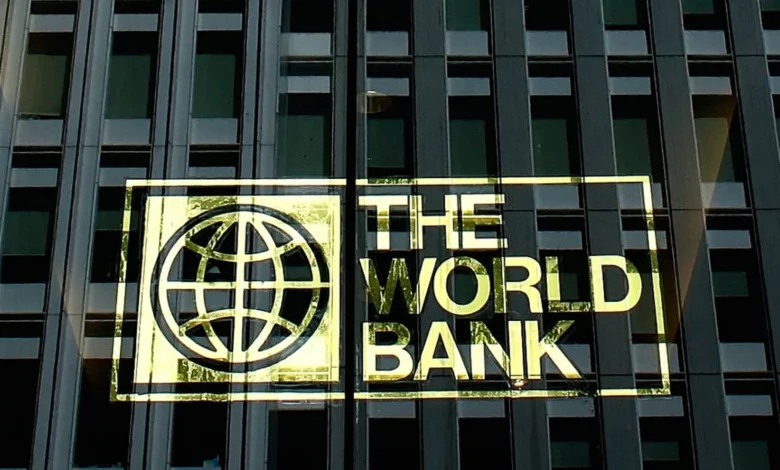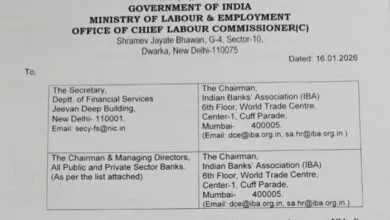World Bank Approves Projects Worth $776 million for Punjab and Maharashtra

The World Bank Board has approved two long-term projects. These projects aim to increase the incomes of small and marginal farmers in Maharashtra and improve the quality of education in Punjab through modern digital tools.
More than 2 million small and marginal farmers in Maharashtra, including 290,000 women, will benefit from better soil health, nutrient management, and water-use efficiency. This will be done under the Maharashtra Project on Climate Resilient Agriculture (POCRA) Phase II. In Punjab, the Punjab Outcomes Acceleration in School Education Operation (POISE) programme will support 1.3 million primary school students and more than 2.2 million secondary school students. It will also help 592,000 children in early childhood education.
“Digital infrastructure has the potential to significantly drive economic development and poverty reduction by increasing efficiency, fostering innovation, and improving outcomes in health, education, agriculture and other essential sectors,” said Paul Proccee, Acting Country Director, World Bank India. “The two new projects will support India’s vision of Viksit Bharat through quality education for better jobs and using technology for increased crop productivity and improved livelihoods.”
The World Bank Board of Executive Directors approved POCRA Phase II ($490 million) and POISE ($286 million) on November 25. POCRA will help small farmers become more climate-resilient and aims to increase their income by 30 percent across 21 districts in Maharashtra. It will be implemented through four key areas:
- Improving resource-efficient productivity
- Promoting precision agriculture to reduce emissions
- Improving and stabilising farmer incomes
- Strengthening institutions through a “lighthouse” approach
The Punjab Outcomes-Acceleration in School Education Operation (POISE) program ($286 million) will help improve quality education in Punjab with the aid of technology to track learning outcomes. It will ensure 1.3 million students are enrolled in primary schools, and more than 2.2 million students are enrolled in secondary schools. In addition, 592,000 students will be supported in early childhood education. POISE will support digital infrastructure in schools by setting up computer labs, tablets and projectors to foster innovation, especially for students enrolled in science and math curriculum.
The Maharashtra Project on Climate Resilient Agriculture (POCRA) Phase II ($490 million) project will enhance crop productivity and strengthen resilience by adopting digital technology in precision farming practices. This method uses technology to ensure that the crops and soil receive exactly what they need for optimum health and productivity, thereby maximizing output and preventing waste. More than 2 million small and marginal farmers in Maharashtra, of which 290,000 are women, will benefit from improved soil health, nutrient management, and water-use efficiency. It will help improve climate resilience and raise income levels by 30 percent for smallholder farmers across 21 districts in Maharashtra.
The POISE project has a final maturity of 19 years, including a grace period of five years. The POCRA Phase II project has a final maturity of 24 years, including a grace period of six years.
